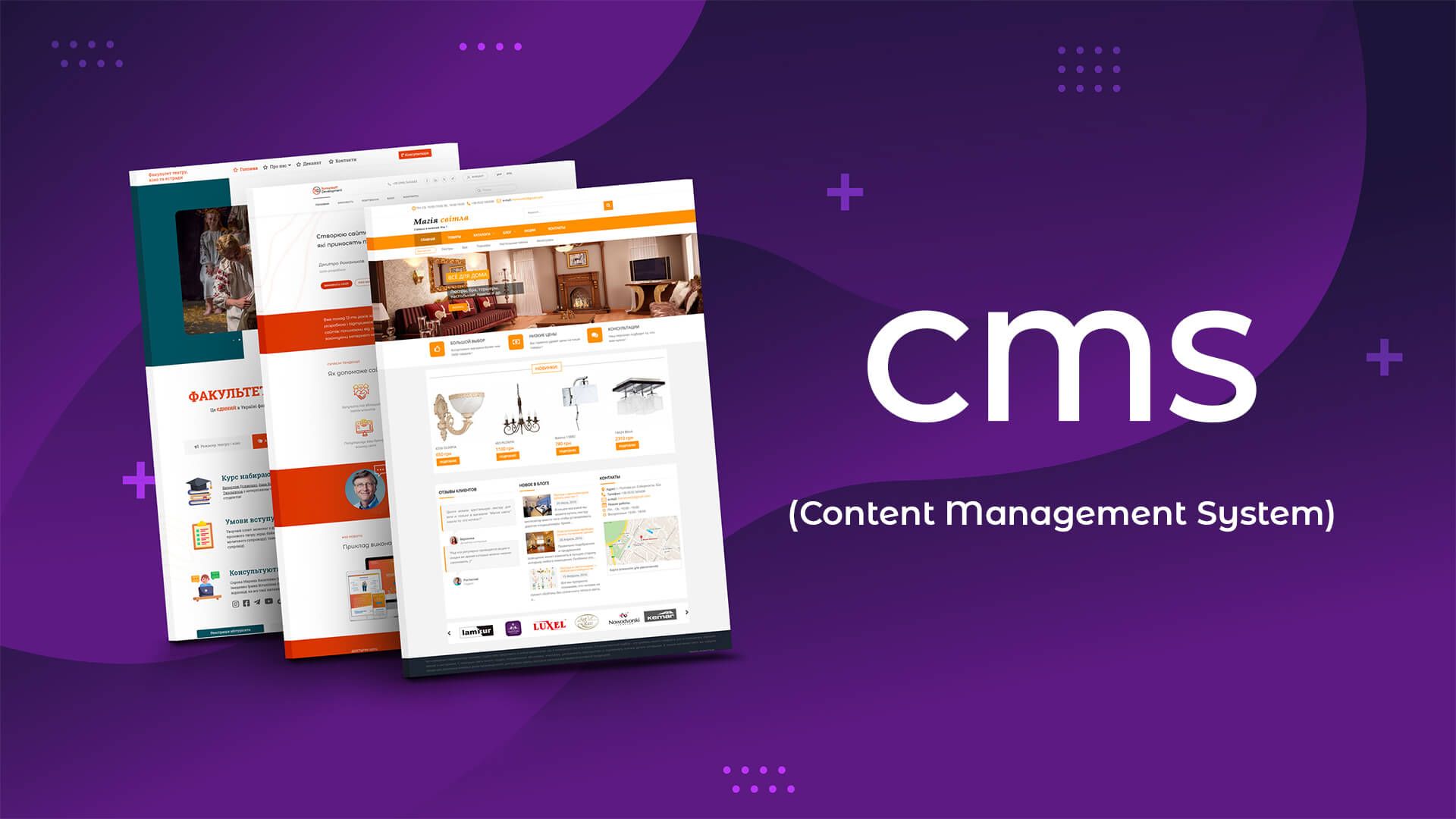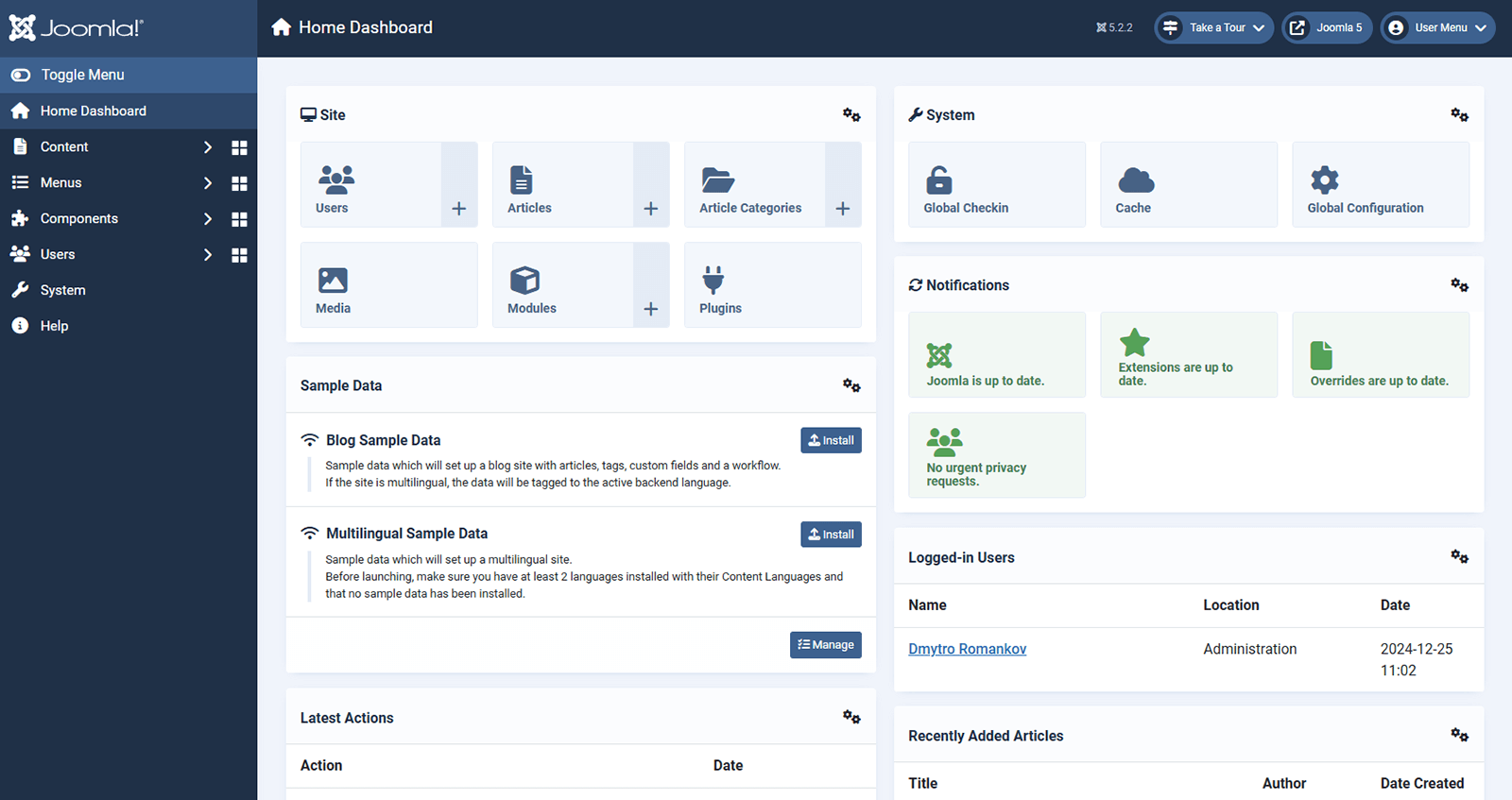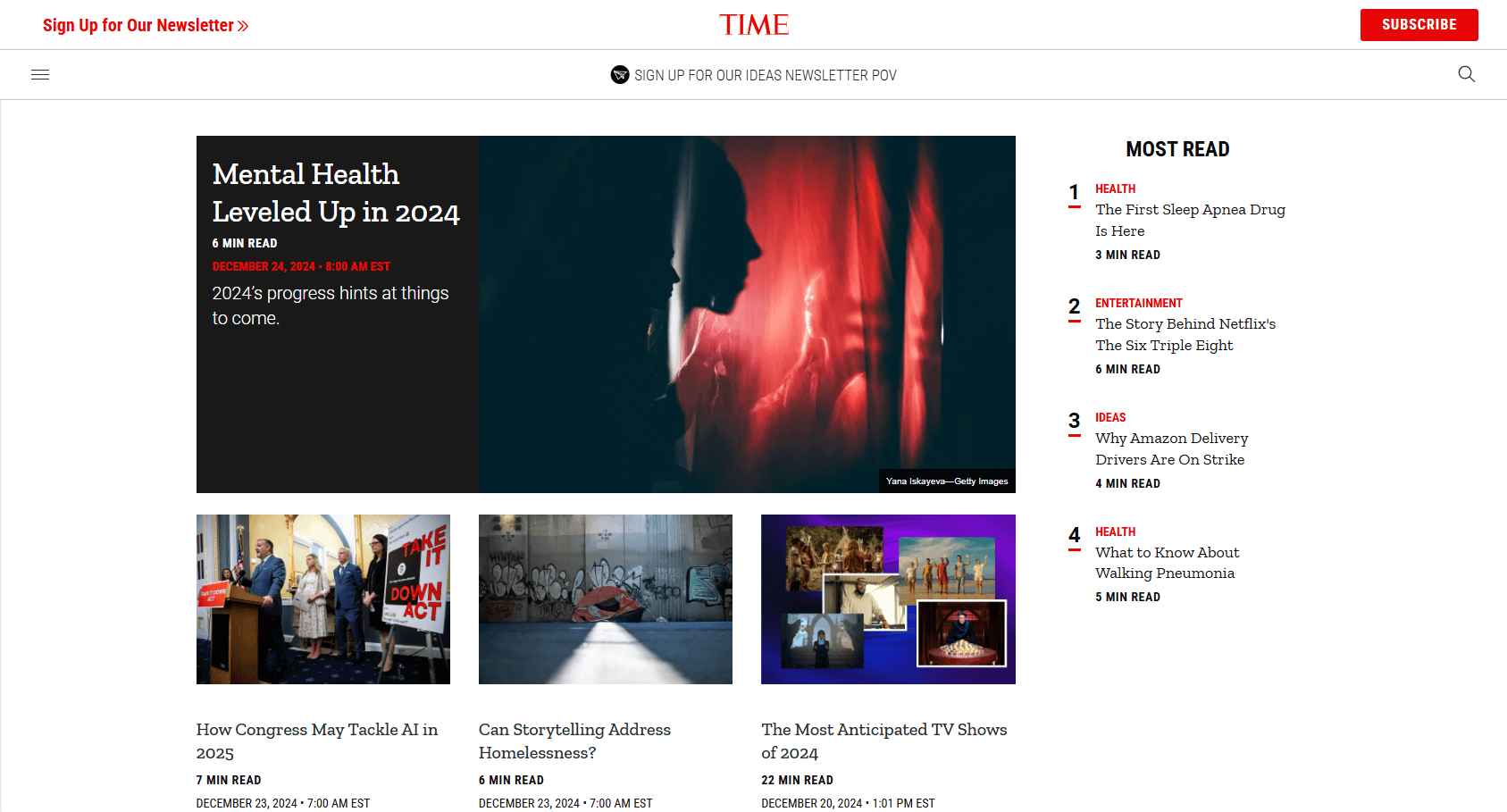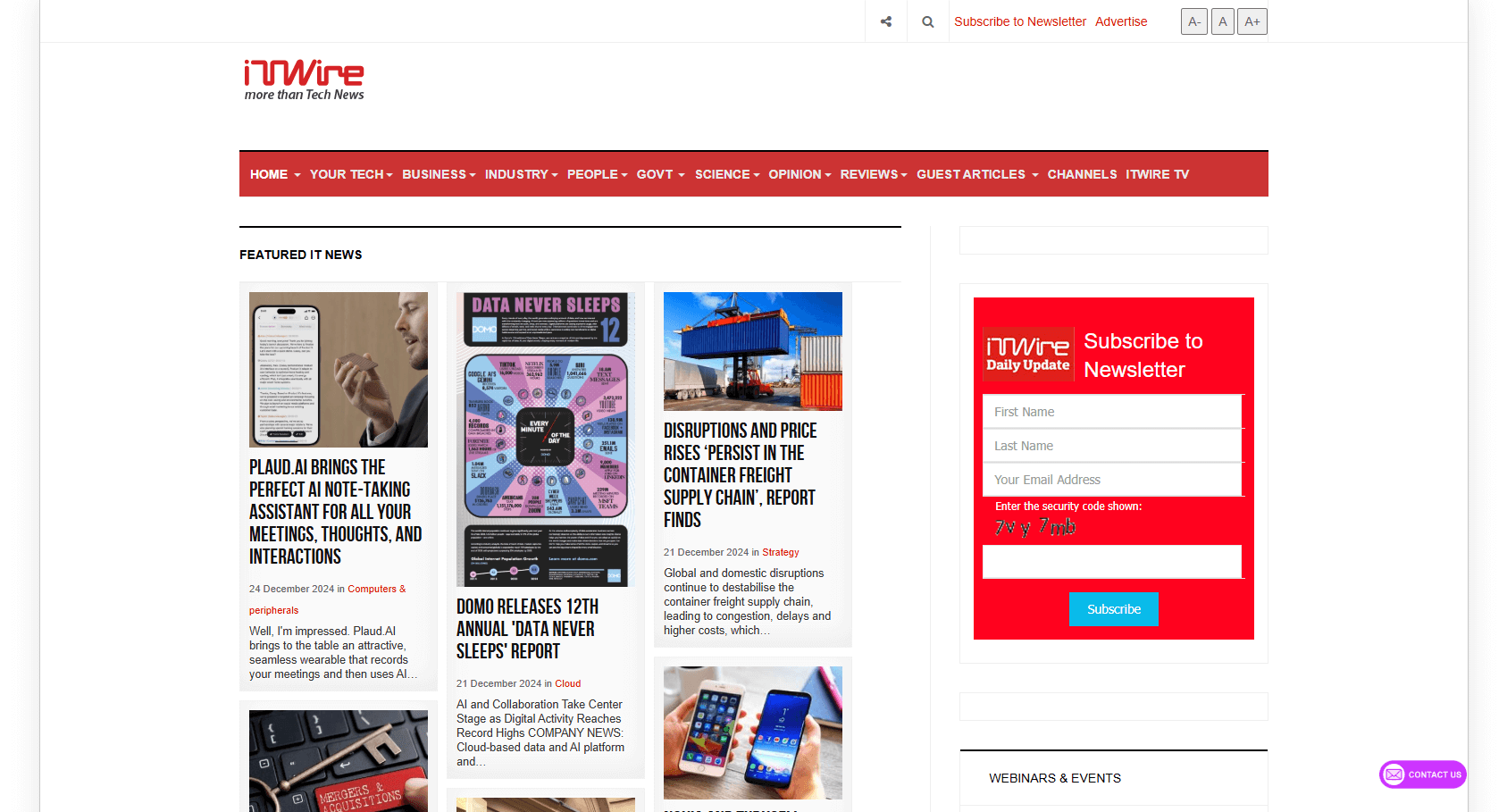Why you need a CMS: benefits and examples of use

What is CMS
A CMS is a software designed to manage websites. The main purpose of a CMS is to provide a simple and convenient way to add, edit, and delete website content. The advantage of using a CMS is the ability to create and customize websites without the need for a deep understanding of programming.
At the moment, there are many CMS platforms, including:
- WordPress — is the most popular blogging engine.
- Joomla — is a powerful platform for creating online stores and corporate websites.
- Drupal — is a sophisticated content management system with wide capabilities.
Why you need a CMS
Simplifying the creation and management of a website is the main advantage of using a CMS. When using platforms like WordPress, Joomla, or Drupal, site owners can focus on adding content rather than technical aspects.
With the help of CMS you can:
- Add articles, news, and other types of content.
- Manage images and videos on the site.
- Customize the appearance of web pages and functionality without programming.
- Optimize website SEO for better search engine results.

Advantages of using CMS
When choosing a suitable content management system, you should pay attention to the following advantages:
- Intuitive interface — many modern CMS platforms offer simple tools for creating and editing content.
- Ability to customize appearance and functionality without programming — users do not need a deep understanding of HTML, CSS, PHP or other programming languages to create sites with unique appearance and functionality.
- Regular security updates — CMS platforms are constantly updated to prevent hacker attacks and other potentially dangerous situations.
What sites can be created with CMS
Modern CMS platforms allow you to create various types of web pages, including:
- Blogs are the most popular sites that post articles, notes and comments.
- Online stores — sites for selling goods online with the function of buying through the site.
- Corporate websites are pages created to present information about a company and its products or services.
- Forums are platforms for discussing various topics and sharing experiences.
For example, the American magazine "Тime" was created on the WordPress platform, and the website of the IT portal "iTWire" was created on Joomla.
How to choose a CMS for your project
When choosing a content management system, it's important to carefully analyze the key criteria that affect the effectiveness of its use, taking into account your needs, goals, and project specifics.
As a rule, the main selection criteria are as follows:
- Ease of use.
- Functionality (support for different types of content, extensions, etc.)
- Cost (free or paid).
For example, WordPress is the best choice for creating a blog, and Joomla is the best choice for an online store.
Conclusion
Content management systems are tools that simplify the creation and management of websites that do not require a deep understanding of programming. They offer an easy and convenient way to add, edit, and delete content, making them ideal for both experienced developers and beginners.
In this article, we've reviewed the main advantages of using a CMS and provided examples of real projects. If you are planning to build your own website, I recommend that you consider the right CMS platform for your purpose and needs.
Comments: 0
Only logged in users can comment

